Navigating Arkansas’s Educational Landscape: A Comprehensive Guide to Colleges and Universities
Related Articles: Navigating Arkansas’s Educational Landscape: A Comprehensive Guide to Colleges and Universities
Introduction
With great pleasure, we will explore the intriguing topic related to Navigating Arkansas’s Educational Landscape: A Comprehensive Guide to Colleges and Universities. Let’s weave interesting information and offer fresh perspectives to the readers.
Table of Content
Navigating Arkansas’s Educational Landscape: A Comprehensive Guide to Colleges and Universities
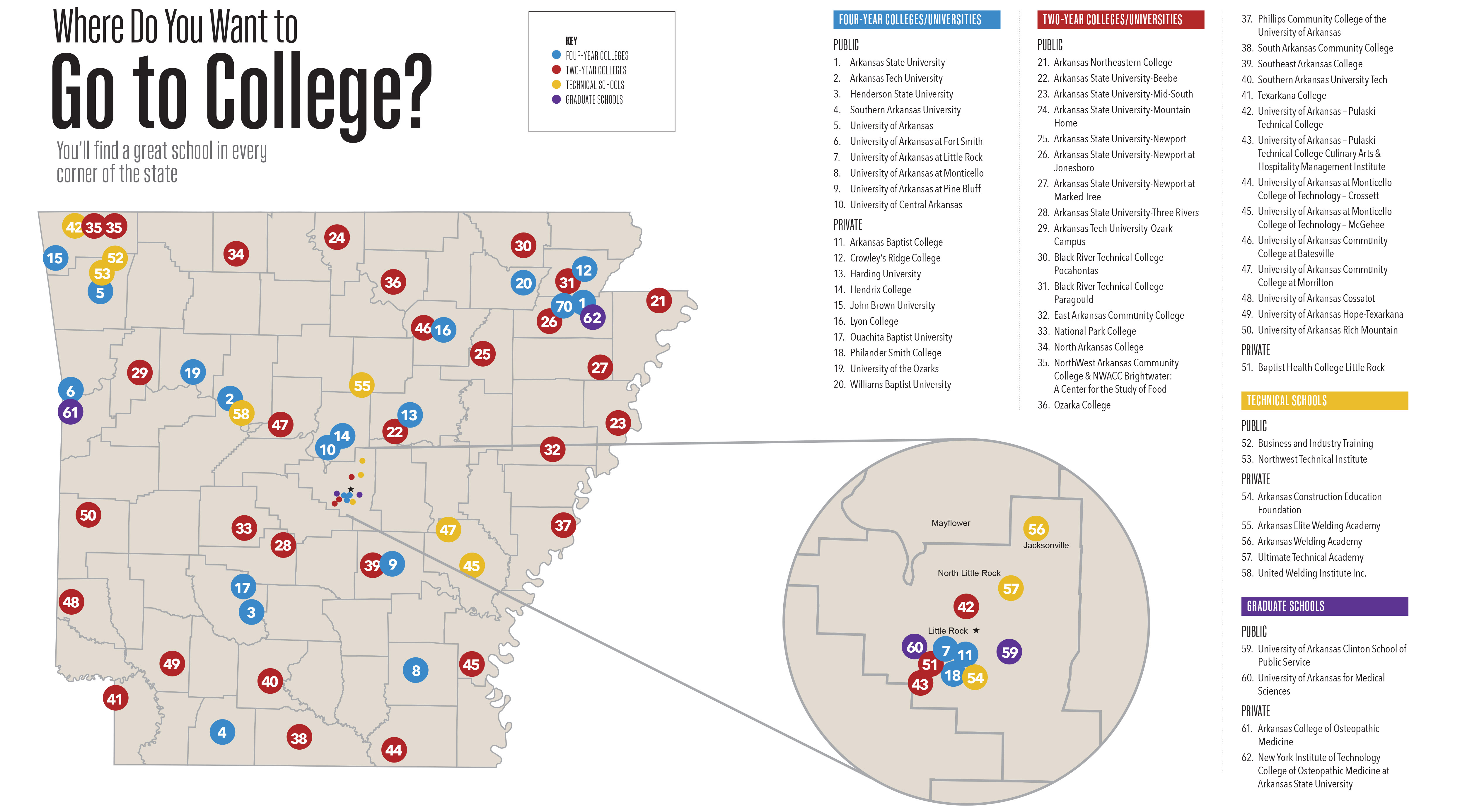
Arkansas, known for its natural beauty and rich history, also boasts a diverse and robust higher education system. Understanding the state’s educational landscape is crucial for prospective students, their families, and anyone interested in the economic and social development of the region. This comprehensive guide delves into the intricacies of Arkansas’s colleges and universities, providing valuable insights into their distribution, strengths, and the benefits they offer.
A Visual Journey Through Arkansas’s Colleges and Universities
The most effective way to grasp the geographical spread of Arkansas’s educational institutions is through a map. A well-designed map provides a visual representation of the state’s colleges and universities, highlighting their locations in relation to major cities, towns, and geographical features. This visual aid offers several advantages:
- Spatial Understanding: A map clearly illustrates the distribution of colleges and universities across Arkansas, allowing users to identify clusters of institutions in certain regions and the relative isolation of others.
- Accessibility and Convenience: Prospective students can use a map to quickly assess the proximity of educational institutions to their desired location, whether it be their hometown, a specific city, or a particular region.
- Regional Differences: A map can reveal regional variations in the types of institutions available, such as the prevalence of private colleges in certain areas or the concentration of public universities in others.
Beyond the Map: Exploring the Diversity of Arkansas’s Colleges
While the map provides a valuable overview, it is essential to delve deeper into the specific characteristics of Arkansas’s colleges and universities. This exploration encompasses:
- Types of Institutions: Arkansas offers a variety of educational institutions, including public and private colleges and universities, community colleges, technical schools, and specialized programs.
- Academic Programs: The institutions cater to a wide range of academic interests, from traditional liberal arts programs to specialized fields like engineering, medicine, and agriculture.
- Student Life: The colleges and universities provide diverse student life experiences, encompassing extracurricular activities, cultural events, athletic programs, and social clubs.
- Faculty and Resources: The quality of education is heavily influenced by the faculty and resources available. Arkansas’s institutions boast experienced professors, state-of-the-art facilities, and robust research opportunities.
The Importance of Higher Education in Arkansas
Arkansas’s colleges and universities play a vital role in the state’s economic and social development. They contribute to:
- Talent Development: Higher education institutions are responsible for nurturing the next generation of skilled professionals, entrepreneurs, and leaders.
- Economic Growth: The presence of colleges and universities attracts businesses and industries, fostering economic growth and job creation.
- Community Engagement: Institutions engage with their communities through outreach programs, research initiatives, and partnerships, contributing to social progress and civic development.
- Cultural Enrichment: Colleges and universities contribute to the cultural vibrancy of the state by hosting artistic performances, exhibitions, and public lectures.
FAQs About Colleges in Arkansas
1. What are the top-ranked colleges and universities in Arkansas?
Arkansas boasts several highly-regarded institutions, including the University of Arkansas (Fayetteville), Arkansas State University, and the University of Central Arkansas. The specific rankings can vary depending on the criteria used, but these institutions consistently perform well in national and regional assessments.
2. What are the admission requirements for Arkansas colleges and universities?
Admission requirements vary depending on the specific institution and program. Generally, students need to submit high school transcripts, standardized test scores (SAT or ACT), and letters of recommendation. Some institutions may also require a personal essay or interview.
3. What financial aid options are available for students attending Arkansas colleges?
Arkansas offers a variety of financial aid options, including scholarships, grants, loans, and work-study programs. The specific options available depend on the student’s financial need, academic merit, and other factors.
4. What are the career opportunities available for graduates of Arkansas colleges and universities?
Graduates of Arkansas colleges and universities are well-prepared for a wide range of career opportunities, both within and outside the state. The specific career paths available depend on the student’s chosen field of study and their individual skills and interests.
5. How can I find information about specific colleges and universities in Arkansas?
There are numerous resources available for researching colleges and universities in Arkansas. The Arkansas Department of Higher Education (adhe.edu) provides comprehensive information about all institutions in the state. You can also visit the websites of individual colleges and universities or use online college search tools.
Tips for Choosing a College in Arkansas
- Define Your Academic Goals: Identify your academic interests and career aspirations to narrow down your choices.
- Consider Location: Decide whether you prefer a large city, a small town, or a rural setting.
- Explore Campus Life: Visit campuses, attend events, and interact with students to get a sense of the college culture.
- Review Financial Aid Options: Compare the costs of attendance and available financial aid packages.
- Seek Guidance: Consult with counselors, advisors, and mentors to make an informed decision.
Conclusion
The colleges and universities of Arkansas offer a diverse and enriching educational experience. By understanding the state’s educational landscape, prospective students can make informed decisions about their future. Whether you are seeking a traditional liberal arts education, a specialized technical program, or a vibrant campus community, Arkansas’s institutions provide a wealth of opportunities for personal and professional growth. By carefully considering your options and utilizing the resources available, you can find the perfect college to launch your journey towards success.

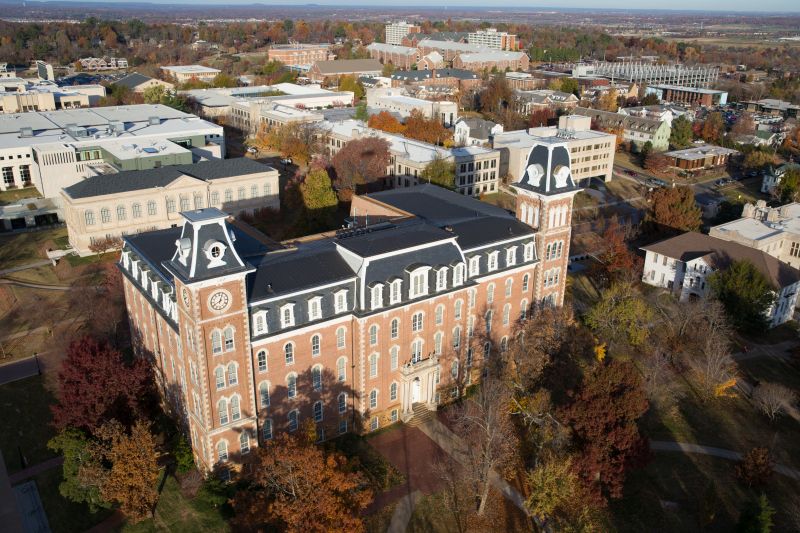

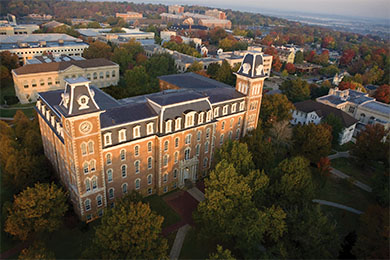
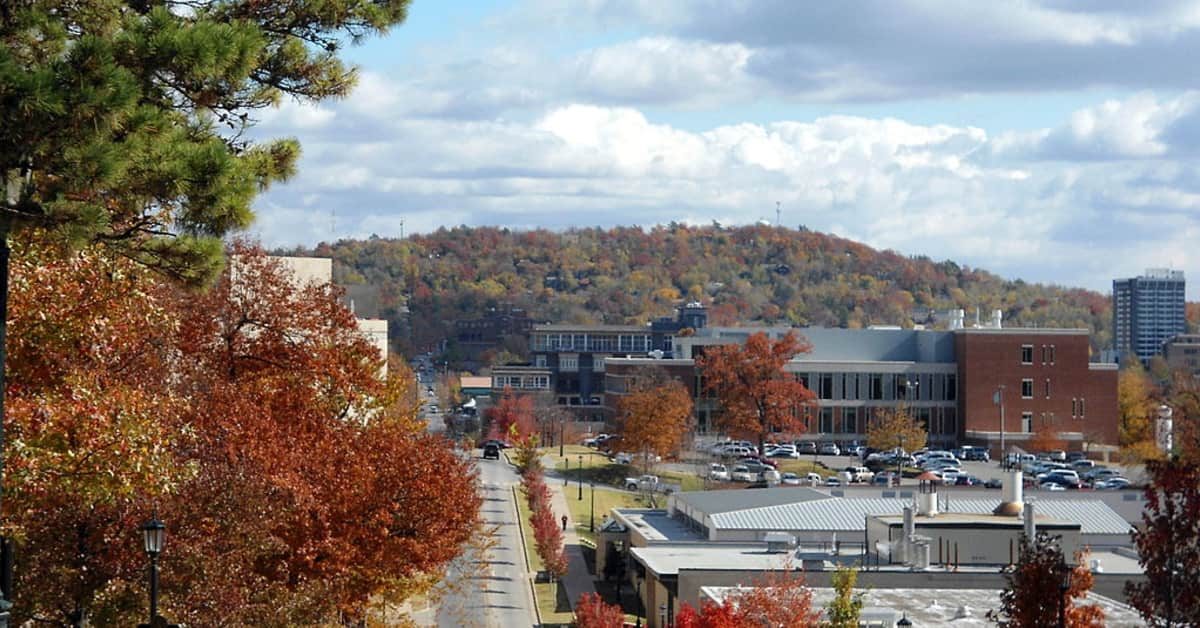
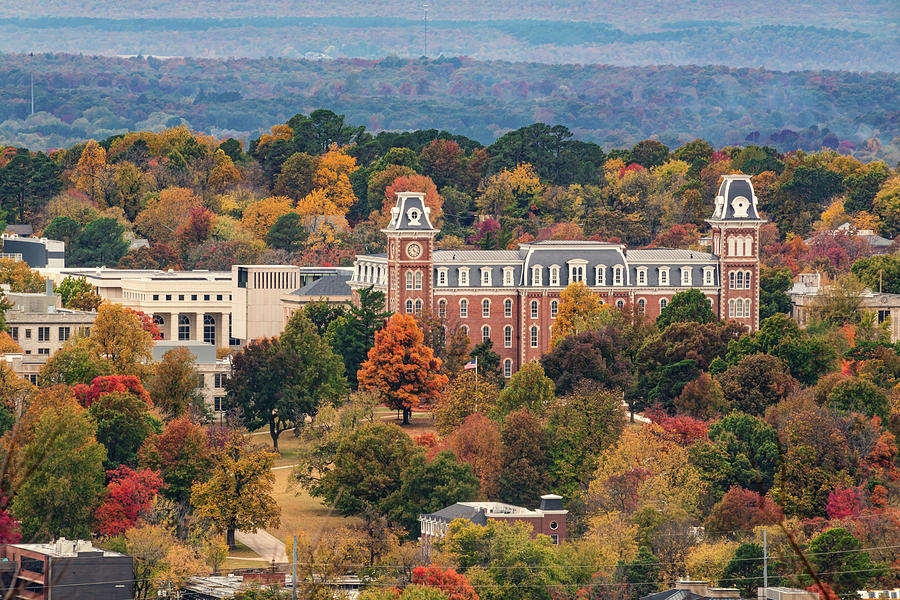

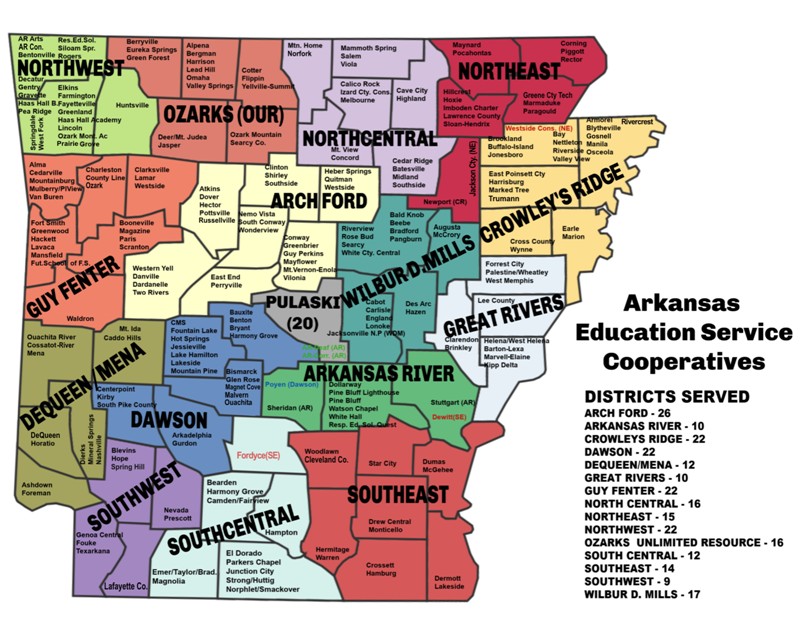
Closure
Thus, we hope this article has provided valuable insights into Navigating Arkansas’s Educational Landscape: A Comprehensive Guide to Colleges and Universities. We appreciate your attention to our article. See you in our next article!
